Giving your child the best start in life
-
1/3, Balogun Ketiku Street Igando Lagos Nigeria
Get In Touch
School Visits: 8.30am – 04.00pm
Community Visits: 4.30pm – 6.30pm
Community Library/Afterschool: 2.30pm – 4.30pm
Weekend: 10.00am – 2.00pm
Virtual (Every Saturday): 4.00am – 6.00pm
Sunday: Close
Email: info@iread.com.ng
Phone: +234 802 319 7033


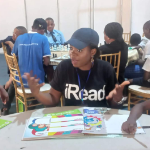
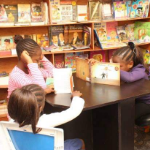
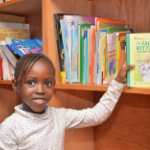



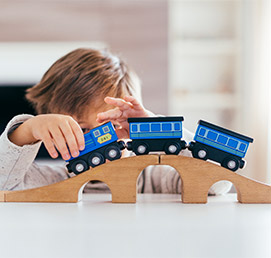
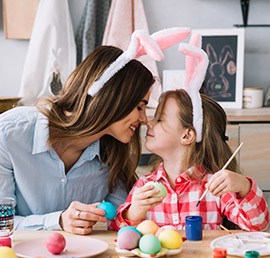
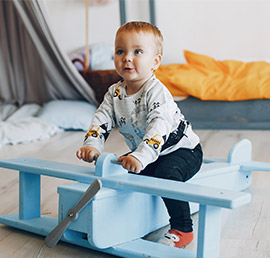
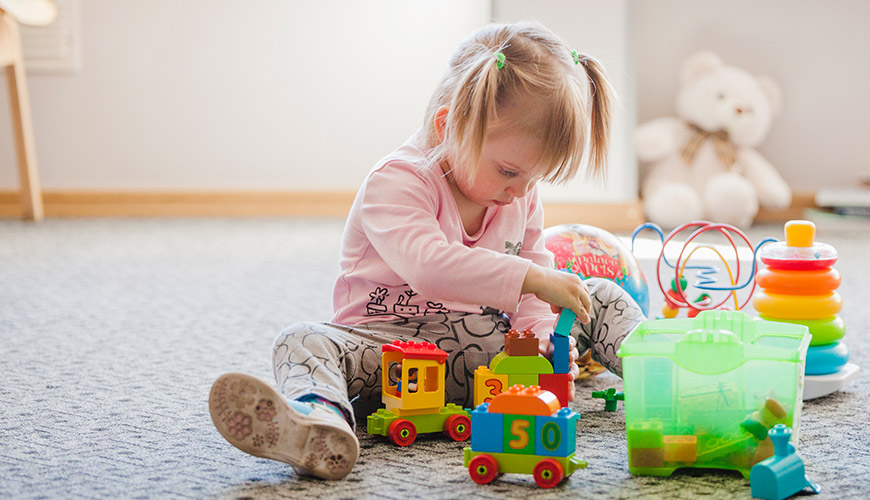








David Parker
August 19, 2019Your site is exactly what I have looking for!! It certainly helps a frequent traveler like me to locate all the stamp shows when traveling. Keep up with the good work
Harry Olson
August 19, 2019I visited your web site today and found it very interesting and well done. I can tell you have put a lot of work into it